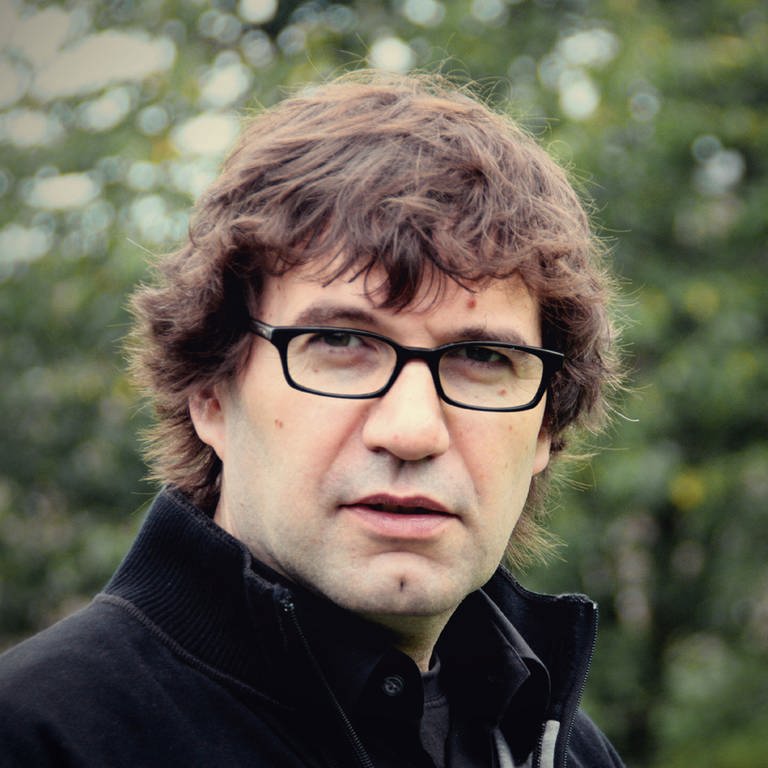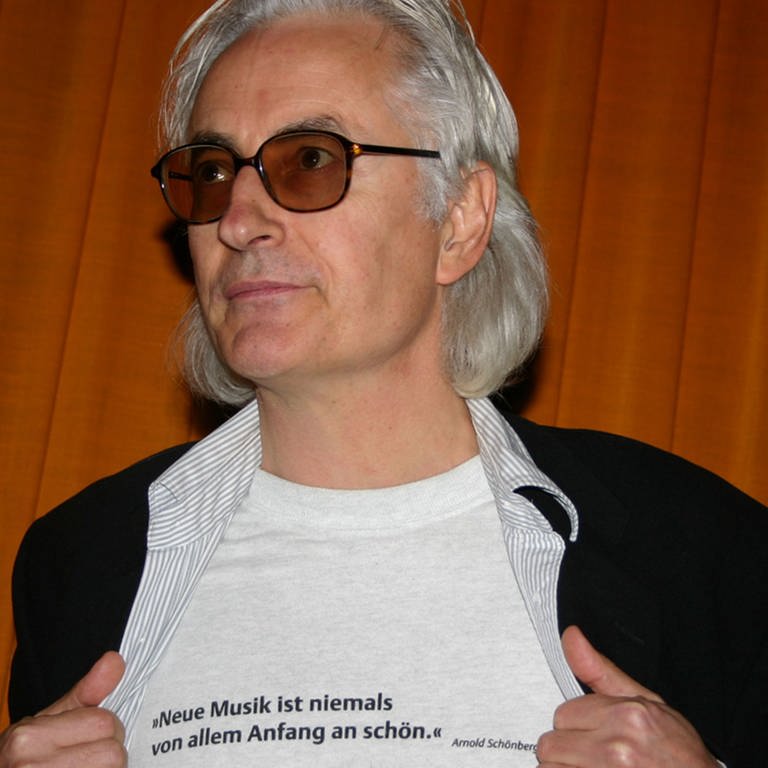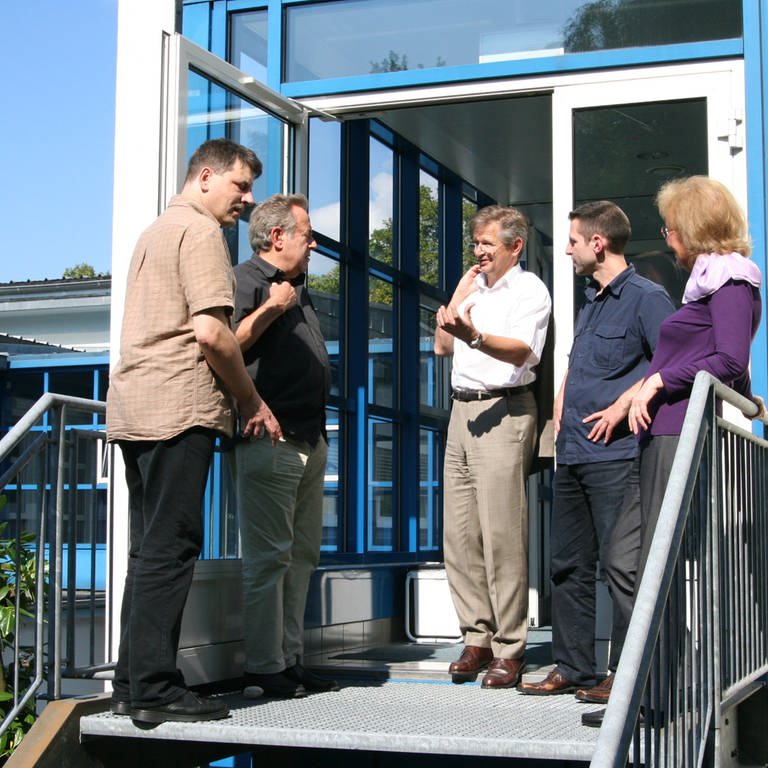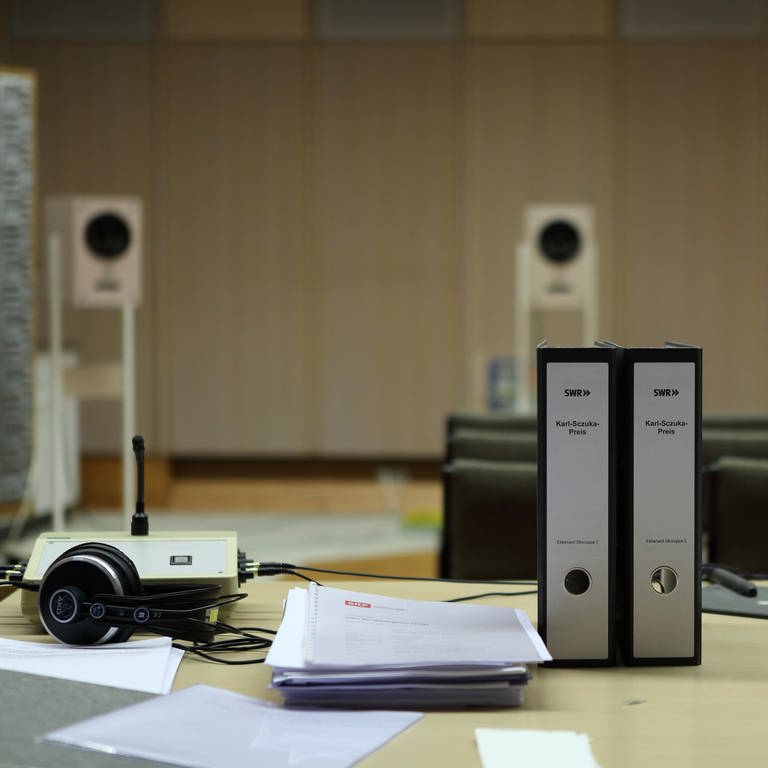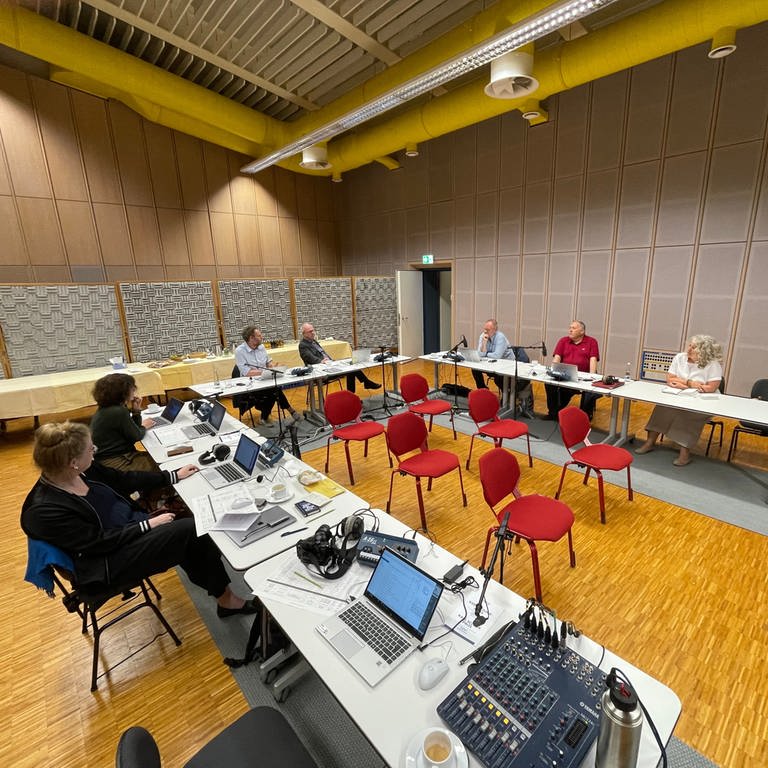The title refers to the composer Percy Grainger and his wish to exhibit his skeleton in his museum on the grounds of the University of Melbourne. After his death in 1961, the city authorities refused to comply with this wish - on the grounds that it was against common sense.
Percy Grainger was one of the great outsiders of 20th-century music; he first gained recognition with his idea of Free music, the ametrical, rhythmically free music, and by creating devices from factory scrap with the assistance of Burnett Cross in his hometown of White Plains, New York, to realize this music—using various musical means, such as sliding sound lines, which have long since become part of contemporary musical language. Grainger's concept of Free music and ametrical music dates back to the beginning of the 20th century when he was still a young pianist in Melbourne. He was also a pioneer in using recording devices as musical instruments—shortly after the invention of the phonograph, he used this medium to record and transcribe (if not transform) oceanic, Scandinavian, and British folk music. Percy Grainger is undoubtedly the father of Australian experimental music and innovative instrument making. In the history of electronic music, he still occupies a somewhat outsider position, due in no small part to his extreme views on race and sexuality; today he is widely known mainly for his amusing piano pieces such as Country Gardens.
The Blisters Ensemble (Jon Rose, Rainer Linz, Tom Fryer, Stuart Favilla, and Joanne Favilla),
Jon Rose - Violins, Interactive MIDI Bow, Micro Tonal Butterfly Piano, Organ
Rainer Linz - Clarinet Machine, Glissando Machine
Tom Fryer - Multiple Sensor Guitar
Stuart Favilla - Laser Harp
Joanne Favilla - Bassoon, Interactive Serpent
Percy Grainger - Duo Art Piano, Harmonium, The Reed Tone Tool, Kangaroo Pouch Machine, and himself
Robert Menzies assumed the role of Percy Grainger when he was not present
Ella Grainger wrote and sang the love song towards the end - this composition was first broadcast.
Garry Havrillay - Sound Engineer
Steven Tilley - Editing, ABC, Sydney
Thanks to Brian Alison, the director of the Grainger Museum, for granting permission to use the exhibits and archives of this highly extraordinary Australian institution.
Sound and Engineering: Garry Havrillay and Steven Tilley
Realization: Jon Rose
Production: Author's production for The Listening Room, ABC Sydney 2003
First Broadcast: ABC Classic FM 13.10.2003
The Blisters Ensemble is an Australian music group whose use of interactive, homemade electronic instruments in live performances can be considered groundbreaking; the musicians in many ways embrace Grainger's imaginative ideas and further develop them. The ensemble consists of Jon Rose, Rainer Linz, Tom Fryer, Joanne Cannon, and Stuart Favilla. In April 2003, they spent a weekend together exploring the archives of the Grainger Museum. Many of the recordings made by Grainger himself, used in this production, are heard here for the first time.
Competition 2004 and Jury Statement
In this year, the jury had to assess 95 works submitted by 124 applicants from 19 nations, including several production teams. This marked the highest number of submissions since the establishment of the award. The second-highest number was reached with the submission of 36 author's productions. The number of younger applicants has significantly increased.
In 2004, the Karl Sczuka Prize jury was chaired by Klaus Ramm. Other members included Marcel Beyer, Frank Kaspar, Monika Lichtenfeld, and Johann-Georg Schaarschmidt.
"Percy Grainger (1882-1961), an Australian composer, pianist virtuoso, and inventor, was one of the most original outsider figures in the Anglo-Saxon music scene of the early 20th century. During his lifetime in Melbourne, he established his own museum, to which he bequeathed his skeleton as an exhibit in his will. 'Skeleton in the Museum' is the homage by Australian composer, violin virtuoso, and inventor Jon Rose (born 1951) to his nearly forgotten compatriot - an acoustic exploration staged as a tour through the Grainger Museum. Through a constant interchange of musical and documentary forms, a multifaceted portrait of the artist emerges, characterized by irreverence, affection, and eccentric comedy."
The award ceremony was held on October 16 at 9:30 a.m. during the Donaueschinger Musiktage, with SWR Radio Director Bernhard Hermann presenting the award. The laudation was delivered by jury member Frank Kaspar.
The author
Jon Rose, born in 1951 in the English city of Rochester, began playing the violin at the age of seven after receiving a scholarship to the King's School there. At the age of 15, he abandoned conventional musical education and predominantly taught himself thereafter.
During the 1970s, he immersed himself in a variety of musical genres, initially in England and then since 1976 in Australia, furthering his education in areas ranging from sitar playing to country and western; from composing contemporary music to participating in commercial studio sessions; from bebop to collaborating with Italian club bands; from composing for big bands to creating sound installations.
In Australia, he became a central figure in the development of "free improvisation"; he performed extensively in art galleries, jazz and rock clubs across the country - either as a soloist or with an internationally composed group of improvising musicians called 'The Relative Band'.
In 1986, he moved to Berlin to pursue his ongoing (for about 25 years) project: The "Relative Violin". This involved the development of a "total art form" based on this specific instrument, which he continuously deconstructed and reassembled into sometimes very peculiar new instruments. In addition to numerous innovations in instrument making, he developed new playing techniques, often incorporating analog and interactive electronics.
Jon Rose performs internationally as a solo musician or with his group in numerous concerts and festivals each year, collaborating with many exponents of the contemporary music scene such as Shelley Hirsh, Alvin Curran, Phil Minton, David Moss, or Lauren Newton. In addition to his numerous live performances, he utilizes the possibilities of radio and visual media for his performances. His audio works have been produced for programs of ABC, BBC, WDR, SR, BR, Radio France, RAI, ORF, SFB, among others.
In 1989, Jon Rose became the first Australian composer to be awarded the DAAD Artist Scholarship in Berlin, where he also directed the first "Relative Violin Festival" with over 50 violinists from around the world as part of the Festival for New Music "Inventionen". In addition, he runs his own festival titled "String 'em up" for the avant-garde of string players and their instruments (1998 in Berlin / 1999 in Rotterdam / 2000 in New York / 2002 in Paris).
To date, Rose has been involved in more than 65 record and CD releases and has published two books in Melbourne: "The Pink Violin" and "Violin Music in the Age of Shopping". His group projects include the nine-member string ensemble "Strung", "Violin Music in the Age of Shopping", the notorious Berlin noise-improv-rock band "Slawterhaus", and the interactive "Badminton-Perks" based on the innovative music and perversions of the eccentric Australian composer Percy Grainger.
In 2000, Jon Rose founded a new duo with pianist Veryan Westen, "Temperament", specializing in improvisation with altered tunings for keyboard instruments and different scordaturas for violins.
Since 2002, Rose has been living in Australia again. For the Australian Broadcasting Corporation (ABC), he developed the projects "Australia Ad Lib", documenting alternative music in Australia, and "Great Fences of Australia", a kind of musical map of the continent, along the major fences crisscrossing the country.
In 2004, Rose was invited by the Berliner Festspiele and the Fast Forward Festival in Vienna with his project "Temperament" (for violin and historical keyboard instruments) and undertook guest performances in four European countries.
